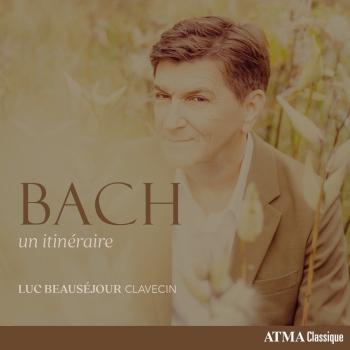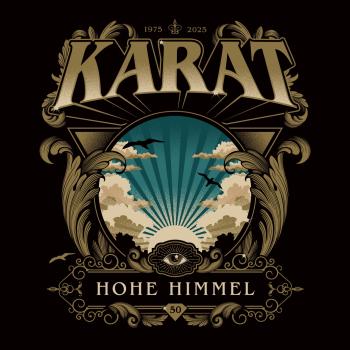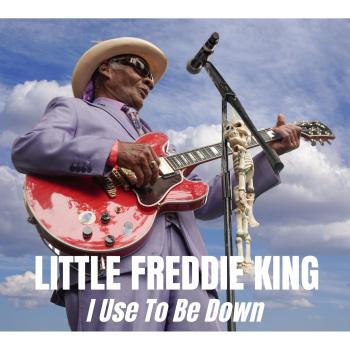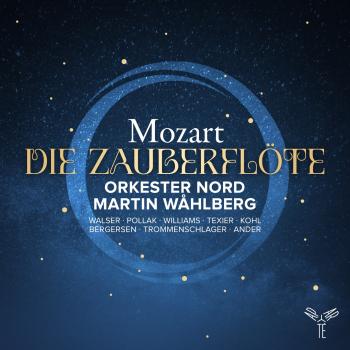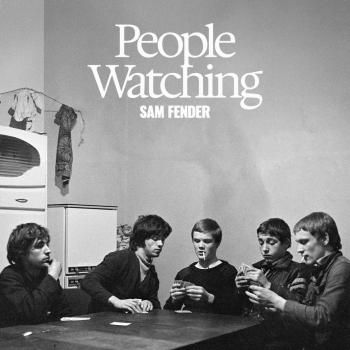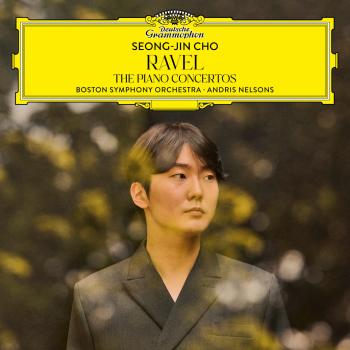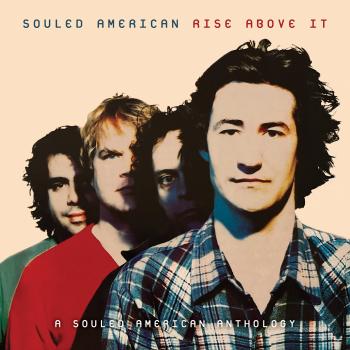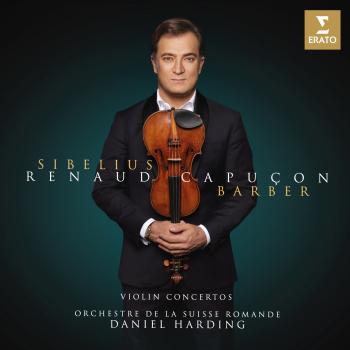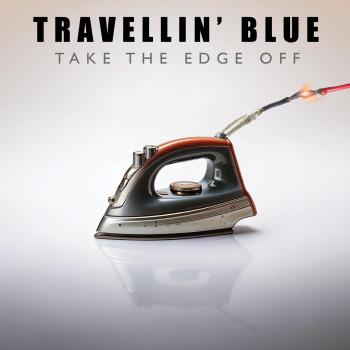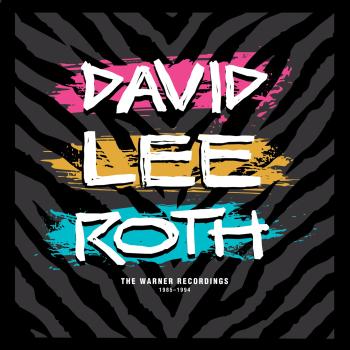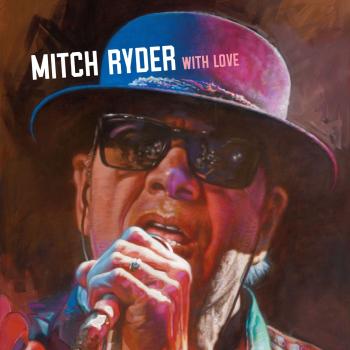
Mozart: Sonatas for Violin & Piano, K. 301, K. 304, K. 305 & K. 454 Peter Hanson & Andrew Arthur
Album info
Album-Release:
2021
HRA-Release:
28.05.2021
Label: Resonus Classics
Genre: Classical
Subgenre: Chamber Music
Artist: Peter Hanson & Andrew Arthur
Composer: Wolfgang Amadeus Mozart
Album including Album cover
- Wolfgang Amadeus Mozart (1756 - 1791): Mozart: Sonata for Violin & Piano in A Major, K. 305:
- 1 Mozart: Sonata for Violin & Piano in A Major, K. 305: I. Allegro di molto 07:12
- 2 Mozart: Sonata for Violin & Piano in A Major, K. 305: II. Thema – Andante grazioso 10:56
- Mozart: Sonata for Violin & Piano in E Minor, K. 304:
- 3 Mozart: Sonata for Violin & Piano in E Minor, K. 304: I. Allegro 09:39
- 4 Mozart: Sonata for Violin & Piano in E Minor, K. 304: II. Tempo di Menuetto 05:51
- Mozart: Sonata for Violin & Piano in G Major, K. 301:
- 5 Mozart: Sonata for Violin & Piano in G Major, K. 301: I. Allegro con spirito 11:59
- 6 Mozart: Sonata for Violin & Piano in G Major, K. 301: II. Allegro 05:33
- Mozart: Sonata for Violin & Piano in B-Flat Major, K. 454:
- 7 Mozart: Sonata for Violin & Piano in B-Flat Major, K. 454: I. Largo – Allegro 11:22
- 8 Mozart: Sonata for Violin & Piano in B-Flat Major, K. 454: II. Andante 08:52
- 9 Mozart: Sonata for Violin & Piano in B-Flat Major, K. 454: III. Allegretto 07:37
Info for Mozart: Sonatas for Violin & Piano, K. 301, K. 304, K. 305 & K. 454
For this new recording, violinist Peter Hanson, one of the most prominent period instrument players of his generation, turns his attention to Mozart’s extraordinary and innovative output of sonatas for violin and piano.
Hanson is joined by acclaimed keyboard player and regular collaborator Andrew Arthur in this programme of four sonatas (K. 301, K. 304–5 & K. 454), each of which was dedicated to an exceptional woman of the time, with the aristocratic dedication of the ‘Kurfürstin’ sonatas for the Electress Maria Elisabeth Auguste of Sulzbach (K. 301–6) and K. 454’s dedication to Regina Strinasacchi – a performer of particular talent who gave the first performance with Mozart at the piano.
For this album, a stunning copy of an original Walter fortepiano is used as well as a striking Guadagnini violin bearing pure gut strings.
Peter Hanson, violin
Andrew Arthur, fortepiano
Peter Hanson
has been the Concertmaster of Sir John Eliot Gardiner’s Orchestre Révolutionnaire et Romantique since 1992, when the orchestra recorded their first complete cycle of Beethoven symphonies. Highlights since include appearing as Concertmaster soloist for European and US tours of Beethoven’s Missa Solemnis, a 2017 BBC Proms performance of Berlioz’s Damnation of Faust, major European and US tours of the Berlioz and Verdi Requiems in 2018, including two performances at Carnegie Hall, New York and, in early 2020, performances of all the Beethoven symphonies in Barcelona and New York.
In 1993, Peter formed The Eroica Quartet with colleagues from the world of period instrument performance. The group immediately attracted attention with their vision of a revived Romantic approach to the string quartet literature, from Beethoven to Debussy. Their performance style was so unusual at the time that it struck listeners as radical. The Eroica quickly became established, touring widely across the United Kingdom as well as making visits to France and the US. For Harmonia Mundi USA they recorded the Mendelssohn and Schumann quartets and Beethoven quartets Op. 74, 95 and 135. For Resonus Classics they recorded the original 1825 version of Mendelssohn’s Octet, Op. 20 and, more recently, the quartets by Debussy and Ravel. Released to coincide with the 150th anniversary of Debussy’s birth, this album represents the first modern recording of the works to feature performances on gut strings and with aspects of period performance.
Peter is also a Director of the Carmel Bach Festival (CBF) in California. His role incorporates solo and chamber-music performances, directing the String Orchestra and appearing as Concertmaster for most of the Festival Orchestra concerts. The CBF Orchestra is flexible with regard to period and modern instruments and style: the 2018 Festival saw a performance of Vivaldi’s Four Seasons at Hz415 on baroque instruments, followed by Piazzolla’s Four Seasons at Hz440 on modern instruments, with Peter as soloist.
Andrew Arthur
enjoys a busy and varied freelance career that has seen him perform extensively throughout the United Kingdom and on tour across Europe, South Africa, Canada and the USA. Best-known for his work in the field of historically informed performance, he is in great demand as a director, soloist, accompanist and continuo player, working with many of the UK’s leading period-instrument orchestras and professional choirs. Andrew’s concerto, recital and chamber- music engagements encompass organ, harpsichord and fortepiano literature and his multifarious CD recordings as both keyboard-player and conductor have been met with wide critical acclaim.
Andrew continues to hold long-term positions as Associate Director of The Hanover Band and as a Director and Principal Keyboardist at the Carmel Bach Festival in California where he and Peter Hanson perform together regularly as a duo partnership and within numerous instrumental ensembles. Andrew is also Musical Director of his own period- instrument ensemble and vocal consort, Orpheus Britannicus, with whom he records for Resonus Classics; in 2019, the ensemble was nominated for an International Classical Music Award.
Alongside his performing activities, Andrew is Fellow, Director of Music and Director of Studies in Music at Trinity Hall, Cambridge where, in addition to his College responsibilities, he is also an Affiliated Lecturer in the University’s Faculty of Music, Coordinator of the University’s Organ Scholarship Scheme and Chairman of the University’s Organ Scholars’ Forum. Amongst his diverse portfolio of musical activities in Cambridge, he works throughout the academic year training the Organ Scholars and conducting the Chapel Choir at Trinity Hall with whom, in addition to their regular schedule of services in the College Chapel, he undertakes a number of concerts, recordings and foreign tours.
This album contains no booklet.

